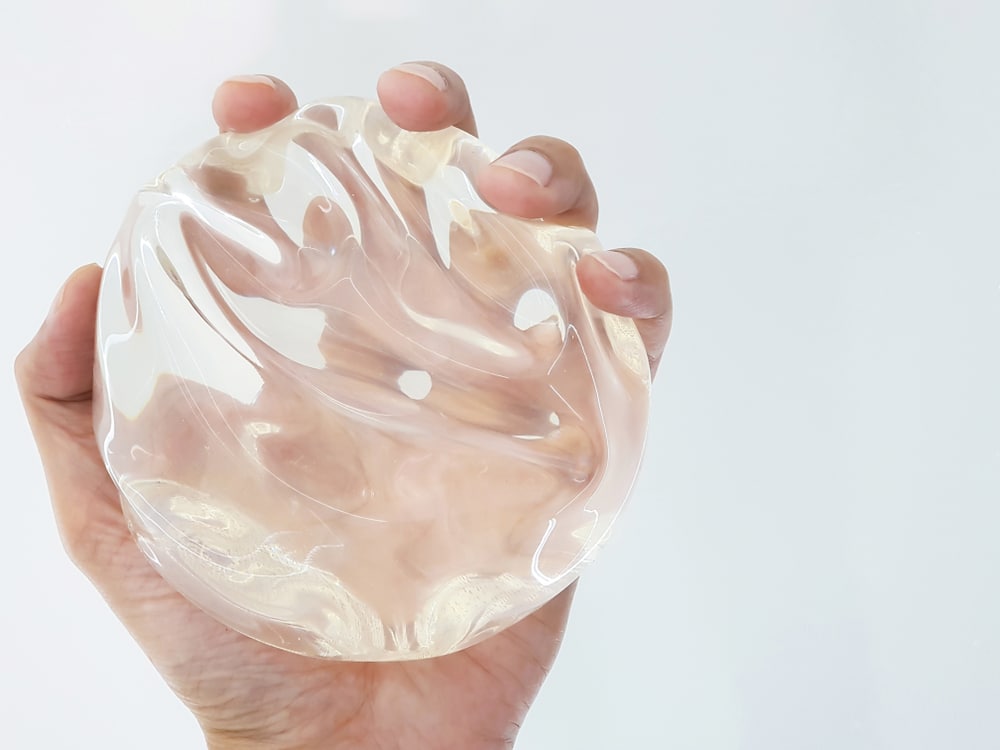How Long Do Implants Last? Silicone, Saline, and When to Replace
One important factor in your breast implant surgery process is the probability that they’ll need to be replaced at some point. Although techniques and technologies are better than ever, it’s always smart to consider the possibility that you’ll need revisional surgery. This can seem overwhelming, so Dr. Golosow can give you the best idea of what to expect from the lifespan of your unique implants. Here’s what to know about breast implant replacement and what to expect if you need it.
What’s the average lifetime of an implant?
While implants don’t expire, they’re not immune from complications; your average silicone or saline implant is replaced within one to two decades, after which roughly 20% of patients pursue removal or replacement within 8-10 years. There can be a lot of reasons for this aside from complications, however – sometimes it comes down to simple preference. There are some complications that will require replacement, however, so here’s what to know about them.
Signs Your Implants May Need To Go
Hardening
With any implant surgery, the body naturally forms a capsule of scar tissue around the foreign body. Sometimes the scar tissue hardens around an implant in a process known as capsular contracture. This can cause pain, soreness, tightness, and irregularities in the breast. In severe cases, it can even displace the implant and lead to unfavorable cosmetic results. There are effective ways to prevent capsular contracture during and after your surgery, so Dr. Golosow will discuss your best options.
Saline Rupture
If holes or tears from within a saline implant’s shell, it will deflate. Although the saline will be safely absorbed by the body, the end result is a drastic difference in the appearance of the breasts. Although ruptures are increasingly rare, your risk can go up if the implant experiences too much wear and creasing over time.
Silicone Rupture
Silicone is denser than saline, meaning it usually remains around the implant or adjacent scar tissue after a rupture. This means a rupture (sometimes called a silent rupture) can be much harder to detect with silicone implants. Some known symptoms of a silent rupture include:
- Change in sensation
- Asymmetry
- Burning
- Diminished size
- Hard knots
- Numbness
- Pain/tenderness
- Swelling
- Tingling
Roughly 2-12% of silicone implants rupture at some point, but this can depend on many different factors.
Ripples and Palpability
Ripples happen when the implant wrinkles, while palpability is the ability to sense rippling by touch. Sometimes these changes are visible through the skin and can require surgical correction if you’re unhappy with how they look.
Repositioning
Implants are not zero-gravity, meaning they can lose their initial position over time. Changes in body weight can also lead to an unfavorable look. If these affect your cosmetic satisfaction or cause discomfort, then implant revision or replacement is an option.
What to Expect From Implant Removal
You don’t need to have had your implants placed by Dr. Golosow to have her remove them. During your consultation, you’ll discuss your implants’ condition and review surgical options like simply removing the implant, removal plus breast lift, removing the scar capsule, or replacing the implant (possibly with an accompanying breast lift). Each procedure is unique and Dr. Golosow can help you determine the best course of action for your cosmetic goals.
Schedule a Consultation
Breast implant removal or revision can help you love your implants again. To meet with Dr. Golosow and learn more about your options, we invite you to contact our Fort Myers office by calling or filling out our online form.

